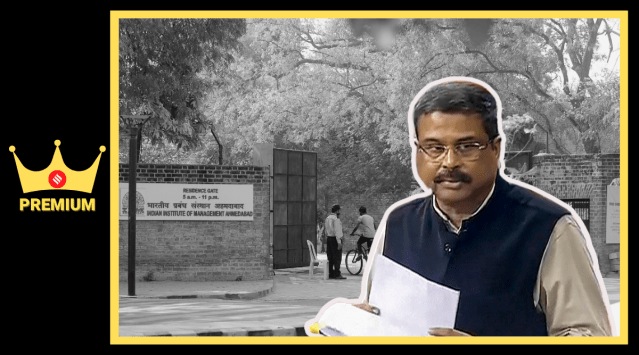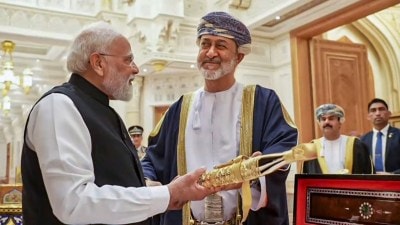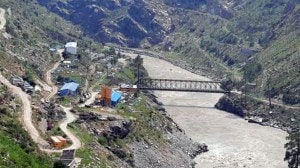
The Directors of two older IIMs told The Indian Express that they were not consulted before the amendments were laid out.
Mahadeo Jaiswal, Director of IIM Sambalpur, said a meeting was held between the Directors of the management institutes and the Secretary of Higher Education in New Delhi on September 14 last year.
“The Directors of IIM Ahmedabad, Bangalore, Calcutta, Indore, Lucknow and Kozhikode were not there at the meeting, because the government majorly wanted the opinion of the newer IIMs,” Jaiswal said.
“There was a consultation process. Majority of us had given the opinion that the government should have a role, because it’s a Government of India institute. It is better for at least the new IIMs, because the Visitor is the President, and if any challenge happens, we at least have a big authority,” he said.
The reasons behind newer IIMs agreeing to the proposal, Jaiswal said, included an attempt to ward off “control by a private person,” and see an increase in stature on account of the President becoming the Visitor of the institute.
Story continues below this ad
“One, IIM should not be controlled by a private person who is the Chairperson. And also, the stature of the institute goes up when the President is the Visitor. It’s already there in IITs, and Central universities also,” he said.
He dismissed the possibility of the amendment diluting the autonomy of the management institutes. “The autonomy is still there. It’s only that appointments have been affected. The Board is still the same, and if the Board goes by majority, then the decision will stay,” he said.
Concurring with Jaiswal, Shishir Bajoria, Chairperson of the Board of Governors of IIM Shillong, said the “government could not be expected to fully exit the institution.”
“All the IIMs are assets created by the Government of India. While they shouldn’t be under the control of the Ministry as such, the government could not be expected to completely exit the institution,” Bajoria said.
Story continues below this ad
The views of the Chairpersons of some of the institutes, including his, were sought before bringing the amendment, he said.
On Wednesday, The Indian Express made phone calls and sent messages to Higher Education Secretary K Sanjay Murthy for comments. There was no response until Friday night.
A former Director of a second-generation IIM, who is presently a member of the Board of a newer IIM, said only the Directors of the newer IIMs were invited to the September 2022 meeting where the proposals were first floated.
The former Director, however, rejected the need for any intervention by the government in the affairs of the institutes in the name of maintaining a check and balance, saying that both the Board of Governors and the alumni base, in particular of the older IIMs, perform the very same role.
Story continues below this ad
On the newer IIMs backing the amendment, the former Director said that the younger institutes were prone to side with the government on most matters, given their dependence on the Centre for funds.
Underlining the lack of involvement of the older IIMs in the matter, Directors of two older IIMs, who were not a part of the meeting said the older IIMs were not consulted.
One of the Directors, while admitting that the Act might have required slight amendments, said the amendments go overboard in their present shape, and are a reaction to the problems faced by just a couple of IIMs in the past.
The second of the two Directors The Indian Express spoke to highlighted the need for a wider discussion before introducing changes that could potentially curb the autonomy of the institutes, citing how autonomy had paved the way for their entrance into the top 100 in the QS rankings in recent years, and could have fuelled further growth in that direction.
Story continues below this ad
The Director also said that the newer IIMs were more dependent on the government for financial assistance than the older institutes, and were likely to give their nod to the amendments as a result. Besides asserting that autonomy is a must-have for an educational institution for its progress, the Director said it remains to be seen how the amendments play out.
Under the amendments, the Visitor will have the power to appoint the Chairperson to the Board of Governors of the institute, and nominate an individual to the search-cum-selection committee for the position of Director, giving the government a say in these crucial calls.
The Visitor, according to the Bill, will also have the power to appoint the Chairperson to the Coordination Forum of the institute.

































